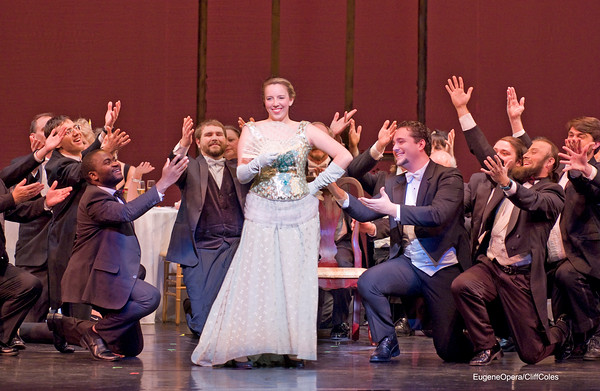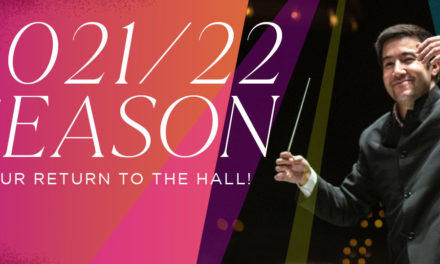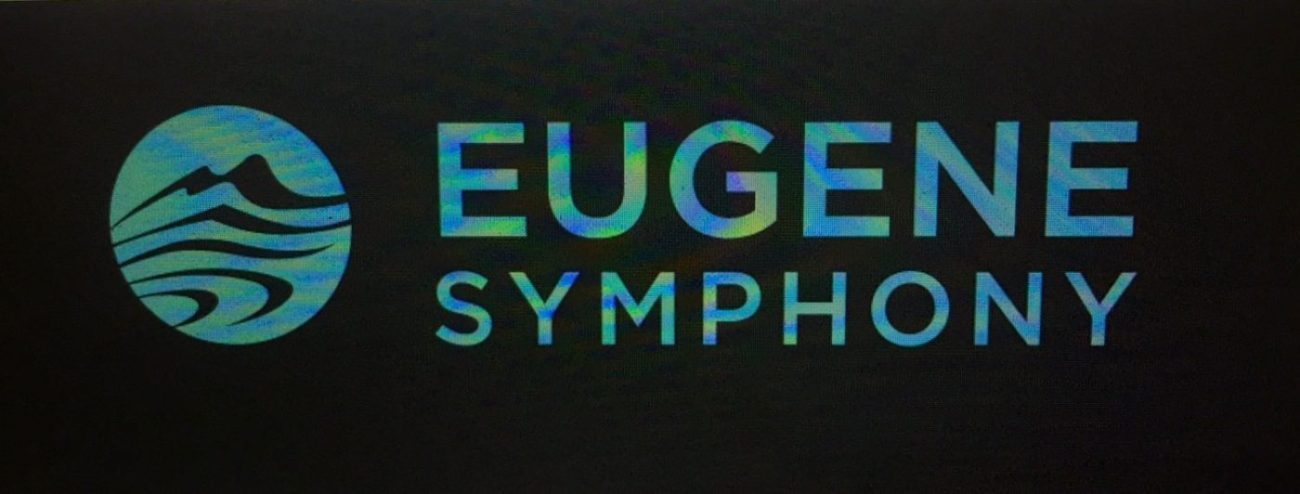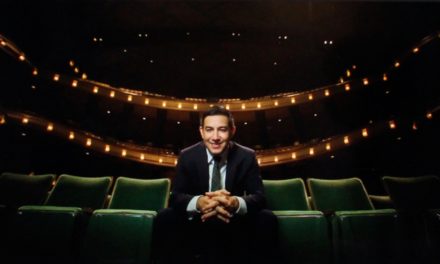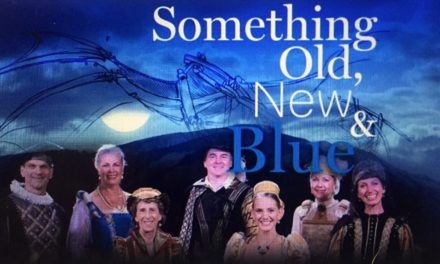By Randi Bjornstad
It’s not that the Eugene Opera hasn’t tackled productions at the high end of the complexity scale — “Faust,” “Nixon in China” and “Dead Man Walking” quickly spring to mind — so when the topic of the 2016-17 season first arose, the enthusiastic suggestion by some of “Aida” wasn’t outside the realm of possibility.
Even so, the opera’s general and music directors, Mark Beudert and Andrew Bisantz, agreed that staging the elaborate four-act opera, not just because of costumes and sets but also length — a concert version in New York City conducted by Arturo Toscanini in 1949 had to be split into two parts — might be too much for a company whose directors and principal vocalists aren’t permanently in town.
“Andrew and I said back then that if we put our names on something, it has to be absolutely right,” Beudert recalled. “The production is visually complicated, the demands on the chorus are daunting, and it’s difficult to make sure that the principal singers that are right for the parts are available at the right time and in the right combination.”
Other possibilities were tossed around, “and then Andrew brought up the idea of a gala that includes portions of different operas, which is something the Metropolitan Opera has done throughout its entire history,” Beudert said. “Everyone thought that was a great idea, to give the audience a taste of several different productions.”
Three operas, three moods
The grandeur of the first act of “Aida” was a great place to start, and the rollicking second act of the comedy, “Die Fledermaus,” which consists of a gala costume party, was a natural to end such a show, Beudert said.
Choosing an appropriate work for the middle position was tougher, but it lent itself perfectly to something heavier and more philosophical, and eventually the third act of “Dialogues of the Carmelites” came to the fore.
“The few times we’ve talked about doing the entire ‘Dialogues of the Carmelites,’ the reaction has been ‘What? A bunch of nuns talking French and facing execution for their beliefs in Oregon, the least-churched state in the Union?’ ” Beudert said with a laugh.
“But performing it this way is a great way to introduce the opera to the Eugene audience — I firmly believe that the last six minutes of the third act of ‘Dialogues of the Carmelites’ is among the most moving opera experiences you can ever have. The beauty and physicality of the sound goes through you like a knife.”
So there’s the lineup. The first act of Giuseppe Verdi’s “Aida” is set in Ancient Egypt, where on the brink of war a top general falls in love with a slave girl, arousing the wrath of a jealous princess — classic opera fare.
Then it’s the final act of “Dialogues of the Carmelites” by French composer Francis Poulenc, which takes place in the waning days of the French Revolution and tests the convictions of a group of nuns who have taken a vow to accept martyrdom rather than violate their vows to their faith.
On to party time with the second act of “Die Fledermaus,” Johann Strauss Jr.’s frothy comedy featuring a masked ball full of secrecy, impersonation and frivolity that ends with an energetic waltz, ‘Ha, what joy, what a night of delight.”
They’re calling it “Opera Trio,” and there will be two performances in the Silva Concert Hall at the Hult Center for Performing Arts in downtown Eugene, on New Year’s Eve and again on Jan. 2.
Beautiful voices

Deborah Mayer
Several performers in “Opera Trio” are singers from the Metropolitan Opera in New York, including soprano Deborah Mayer, who will make her Eugene Opera debut singing the title role in “Aida” as well as Madame Lidoine in “Dialogues of the Carmelites.”
Other Met performers include baritone Marco Nisticò and mezzo-soprano Emily Pulley.

Marco Nisticò
Nisticò will sing the part of Ramfis in “Aida,” the jailer in “Dialogues of the Carmelites” and Eisenstein in “Die Fledermaus.” He has appeared with the Eugene Opera before in the part of Dulcamara in “The Elixir of Love.”

Emily Pulley
Pulley has sung with Eugene Opera as Minnie in “Girl of the Golden West” and Alma in “Little Women.” This time, she will be Amneris in “Aida” and Mère Marie in “Dialogues of the Carmelites.”

David Gustafson
Tenor David Gustafson will sing Radamès in “Aida” and the chaplain in “Dialogue of the Carmelites.” He has appeared with Eugene Opera before as Beadle Bamford in “Sweeney Todd” and Edgardo in “Lucia di Lammermoor.”

Cecilia Violetta López
“Opera Trio” will be a Eugene Opera debut for soprano Cecilia Violetta López, who will take the parts of Blanche in “Dialogues of the Carmelites” and Rosalinde in “Die Fledermaus.”

Hannah Penn
Hannah Penn appeared with the Eugene Opera as Jo in “Little Women” and will sing the part of “Mère Jeanne” in “Dialogues of the Carmelites” and Orlovsky in “Die Fledermaus.”
Opera Trio
When: 7:30 p.m. on Dec. 31 and 2:30 p.m. on Jan. 2, with a free talk,“Insights from the Maestro” with Andrew Bisantz, before the shows, at 6:45 p.m. on Dec. 31 and 1:45 p.m. on Jan. 2. Tickets also available for a “New Year’s Eve Party with the cast” at 10:30 p.m., following the New Year’s Eve performance
Where: Hult Center for the Performing Arts, Seventh and Willamette streets in downtown Eugene
Tickets: $31 to $87, available at the Hult Center box office, 541-682-5000, or online at hultcenter.org or eugeneopera.com; tickets to New Year’s Eve after-party, $15 to $25

